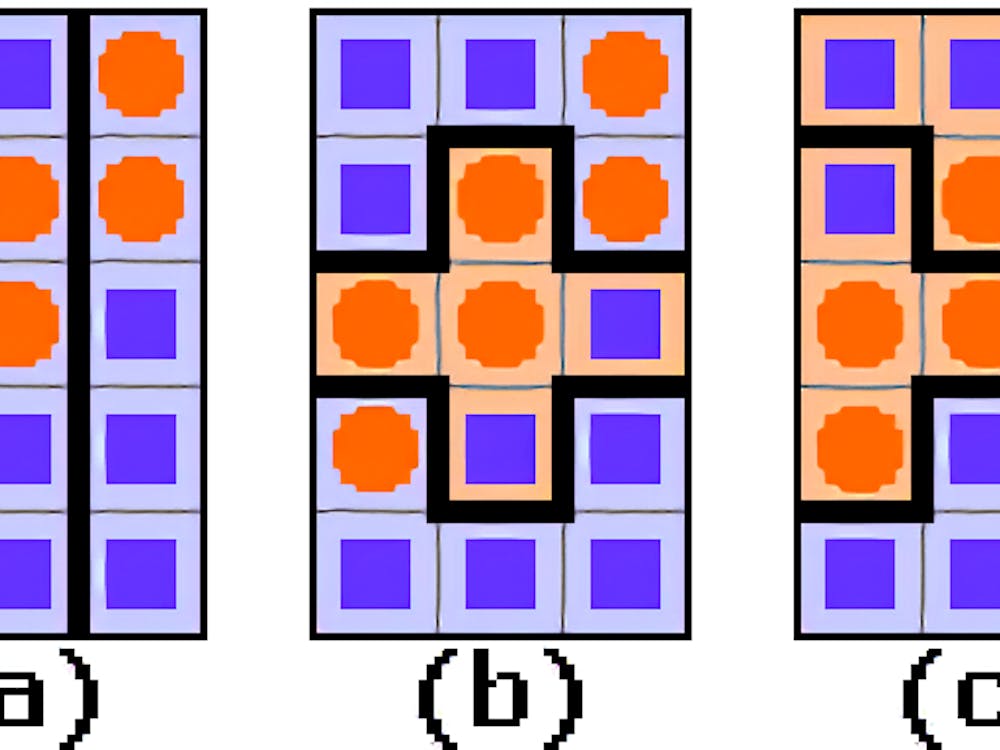Baltimore‘s crime rate has historically been high, but it has recently seen a spike with more than 300 homicides occurring in both 2015 and 2017. As of press time, 303 homicides have occurred in this year alone.
At Hopkins, we are often removed from events in the Baltimore community and the gun violence that takes the lives of those in close proximity to us. When someone in Baltimore dies, students are insulated by the Hopkins Bubble.
Considering that Hopkins is a leader in public health, students need to be aware of gun violence as a public health issue in Baltimore. Instead of reactive responses to gun violence after it takes place, we need to do more to address its root causes: poverty, racism and a lack of equal access to housing, education and mental health services.
Addressing these issues requires a multi-layered approach. The first and most fundamental step is supporting the local grassroots organizations already committed to tackling gun violence. One such organization is Baltimore Ceasefire 365.
The Ceasefire movement started in May 2017 and called on the Baltimore community to celebrate life in a ‘nobody kill anybody’ campaign during the weekend of August 4. Since the summer, Baltimore Ceasefire has held events to publicize more ceasefire weekends and combat gun violence in Baltimore.
To promote the most recent ceasefire weekend on Nov. 3, local businesses put up flyers to help advertise the group’s efforts. We encourage local businesses to continue supporting these grassroots organizations that aim to make our community safer. We also call for the University to support these initiatives.
We recognize that Hopkins has begun to work with the community through the Homewood Community Partners Initiative (HCPI), which focuses on economic revitalization in central Baltimore. However, getting Hopkins involved with these organizations is not simply about lending funds. It’s about connecting people and groups.
Baltimore is a city composed of neighborhoods, and these neighborhoods have their own distinct identities. Consequently, each one often deals with issues in its own way, struggling to communicate about how to combat systemic problems in our city. The University can use its resources to connect neighborhoods and encourage Baltimoreans to share tactics and form coalitions that tackle the issues underlying gun violence together.
However, these efforts will only be succesful if the University does not co-opt the movement. Its assistance should not become a tool for Hopkins to promote its own image. Baltimore Ceasefire’s success fundamentally lies in its grassroots nature.
Through the HCPI, we appreciate that the University has been honest about its own self-interest in developing surrounding communities. This type of transparency is important in maintaining an honest relationship with Baltimore.
While the school’s interests and community interests may not always align, a safer Baltimore will be better for everyone.




